Mohsin Hamid
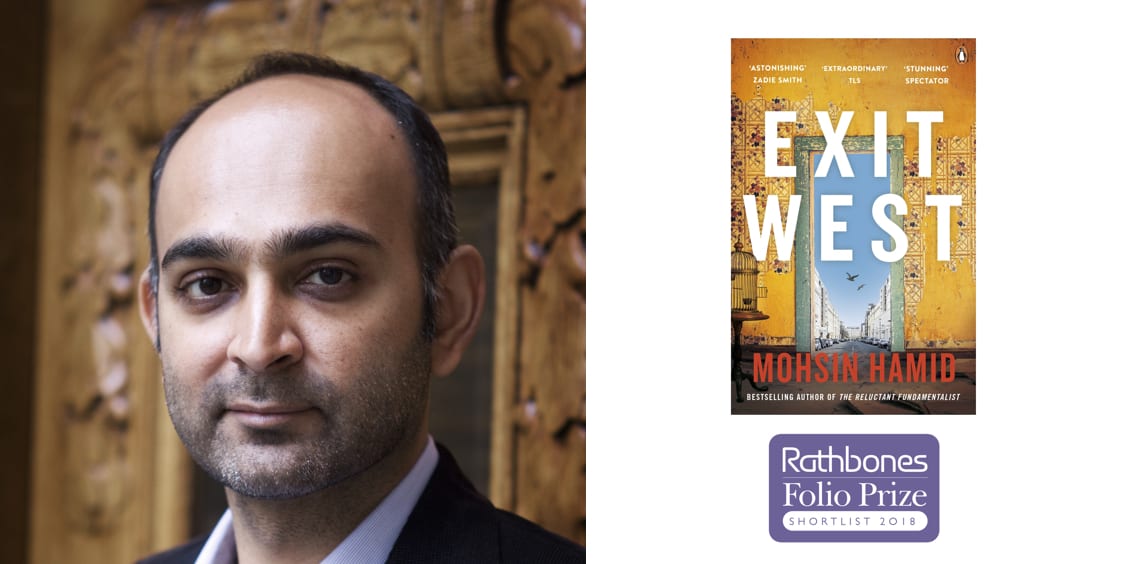
1. At what age did you know you wanted to become a writer?
I think I would always have wanted to be a writer if I knew one could be a writer. But it wasn’t until I reached university, around the age of 18 or so, that I first began to imagine that such a thing was possible for me.
2. Was your first book published or is it still lurking in a drawer somewhere?
My first book was an intergalactic space opera with stick figure illustrations, inspired by Star Wars, that I wrote when I was seven or eight. Sadly it did not find a publisher and has been lost to posterity.
3. What was your favourite childhood book?
Too many to list. The books I spent the most time rereading were The Lord of the Rings by J. R. R. Tolkien.
4. What is your ‘if you don’t like this, you can’t be my friend’ book?
To be honest, any book I’ve written. It probably isn’t impossible to tell me you don’t like my book and still be my friend. But none of my friends have ever tried it.
5. Do you find the process of writing agony or ecstasy?
Both, obviously.
6. Who, in your opinion is the most under-read author?
Antonio Tabucchi.
7. Who or what have been your most important influences?
Joyce Carol Oates and Toni Morrison taught me at university. I probably wouldn’t be a writer without them.
8. If you weren’t a writer, what would you be doing?
Ideally I would be a rock star. But I have no demonstrated musical talent. I suppose I would be supporting my reading habit with a consulting job.
9. How long did it take you to write the book that is shortlisted for the Rathbones Folio Prize?
Four years, more or less. Which is quick. My previous three books took six or seven years each.
10. What’s your favourite a) film; b) album; c) artist?
I’m not really a “favourite” kind of person. The last of each that I loved were “Lady Bird,” “War & Leisure” by Miguel, and Imran Qureishi’s glowing seaweed-like installation at the Lahore Biennale.
–––––––––––––––––––––––––––––
Jon McGregor
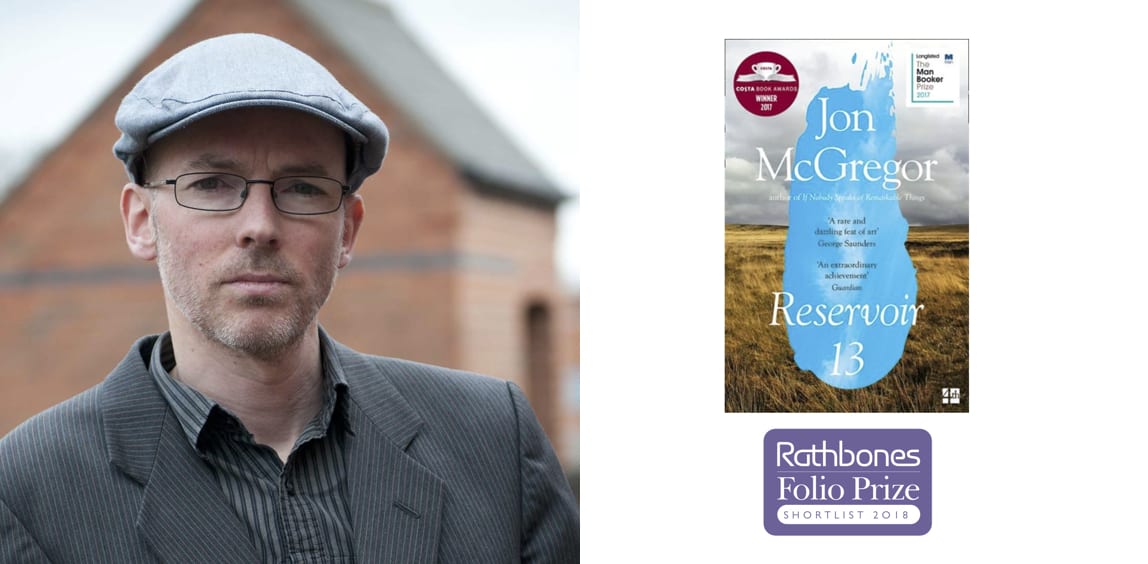
1. At what age did you know you wanted to become a writer?
I didn’t start writing until I was 18 or 19, after reading Douglas Coupland’s Generation X and being won over by his emphasis on the value of telling stories. Also I wanted to impress a girl I knew. But even then it wasn’t something I thought about ‘becoming’; no-one I knew became a writer, or even entertained the idea. It was only when my first stories were accepted for publication, a few years later, that ‘being a writer’ came to seem like a thing. So I’m going to say 21.
2. Was your first book published or is it still lurking in a drawer somewhere?
I’m too slow a writer to ever waste anything by leaving it in a bottom drawer. It all gets recycled in the end.
3. What was your favourite childhood book?
Swallows & Amazons, and the subsequent eleven books of the series. I’ve tried reading them to my kids, and keep having to stop for some contextual discussion of sexism, class-consciousness and colonialism, which rather takes the shine off them; but at the time I was completely bowled over. I didn’t just want to be one of the Walker children, ducking beneath the boom and calling ‘ready about’ as we tacked our way up the lake; when reading the books, I was one of them.
4. What is your ‘if you don’t like this, you can’t be my friend’ book?
I hope I’m not quite as judgemental as that… but I’ve been pushing Amy Leach’s Things That Are on people for a few years now, and when they don’t get it I don’t get them. It’s usually the beginning of the end.
5. Do you find the process of writing agony or ecstasy?
Oh, neither. It’s never as dramatic as that. It’s slow at the beginning, and then it’s slow in the middle, and then at the end it’s quick and difficult and satisfying. But mostly it’s very very dull to watch or to talk about.
6. Who, in your opinion is the most under-read author?
Most of them. Books are long and time is short.
7. Who, or what, have been your most important influences?
On writing? In the last few years, definitely Tom Drury and John McGahern, Amy Leach, Alice Oswald, Lydia Davis.
8. If you weren’t a writer, what would you be doing?
Reading a lot of books, going for bike rides, thinking about dinner. Same, really. I’d definitely be skint.
9. How long did it take you to write the book that is shortlisted for the Rathbones Folio Prize?
There were seven years between finishing the previous book and delivering this one. Let’s not dwell on how many of those years were technically spent at a desk.
10. What’s your favourite a) film; b) album; c) artist?
Going to preface this by saying ‘favourite’ is an impossible term, but these are some things I have liked a lot lately:
- a) Boyhood (Richard Linklater)
- b) Party (Aldous Harding)
- c) 489 Years (Hayoun Kwon)
–––––––––––––––––––––––––––––
Richard Lloyd Parry
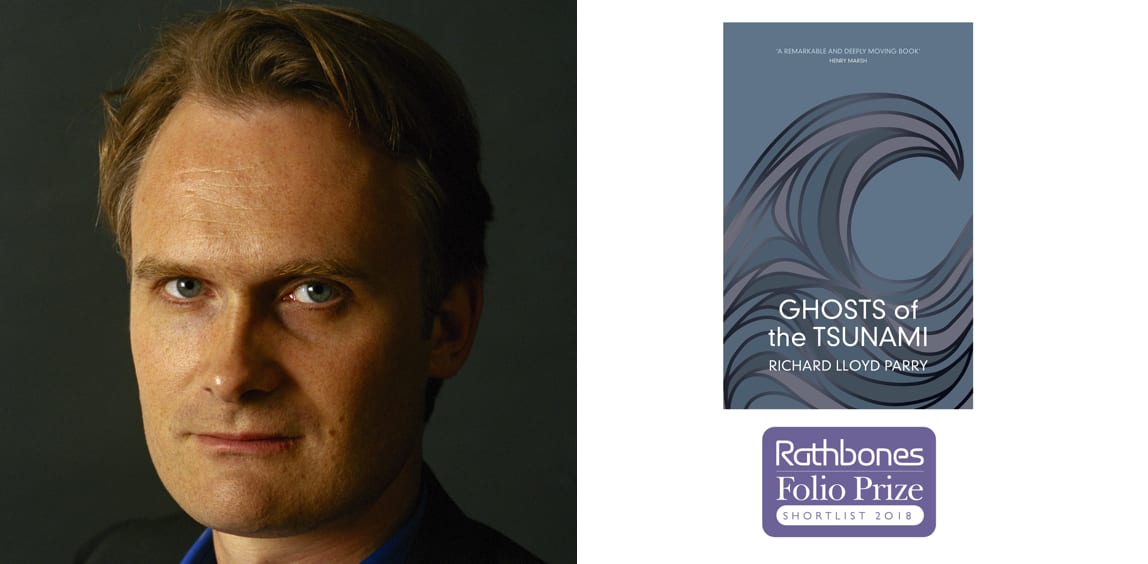
1. At what age did you know you wanted to become a writer?
Eighteen. I thought that I wanted to direct plays, but brief experience at university made me realise how dependent theatre is on the temperamental peculiarities of other people. I prefer to work alone, or in a small team.
2. Was your first book published or is it still lurking in a drawer somewhere?
Putting aside the work of the teenage years (a sequence of erotic sonnets; a volume of protest songs about Margaret Thatcher), my first book was a travel guide to Japan published in 1995, sadly out of print. Second-hand copies are bought and sold online for handfuls of pounds.
3. What was your favourite childhood book?
Arthur C. Clarke’s Mysterious World.
4. What is your ‘if you don’t like this, you can’t be my friend’ book?
I’ve lost a small number of friends over the years, but never over a book.
5. Do you find the process of writing agony or ecstasy?
At worst, it’s hard work of a peculiar kind – solving problems that only exist because you have created them for yourself. Moments of hopelessness come, but they eventually pass. I’ve experienced high excitement when writing, but the history of ecstasy suggests that it’s a highly suspect emotion, not conducive to wise decision making.
6. Who, in your opinion, is the most under-read author?
If you mean, an author whom people buy, but don’t actually read, then obviously Stephen Hawking. If you mean underrated or under-appreciated, then perhaps Lafcadio Hearn.
7. Who or what have been your most important influences?
My parents. My seven years as a foreign correspondent on ‘The Independent’. ‘Granta’, under the editorships of Bill Buford and Ian Jack. The great Poles, Conrad and Kapuscinski.
8. If you weren’t a writer, what would you be doing?
I’d probably be a little lost.
9. How long did it take you to write the book that is shortlisted for the Rathbones Folio Prize?
Something over a year in aggregate, spread, sometimes rather thinly, over six and a half years.
–––––––––––––––––––––––––––––
Hari Kunzru
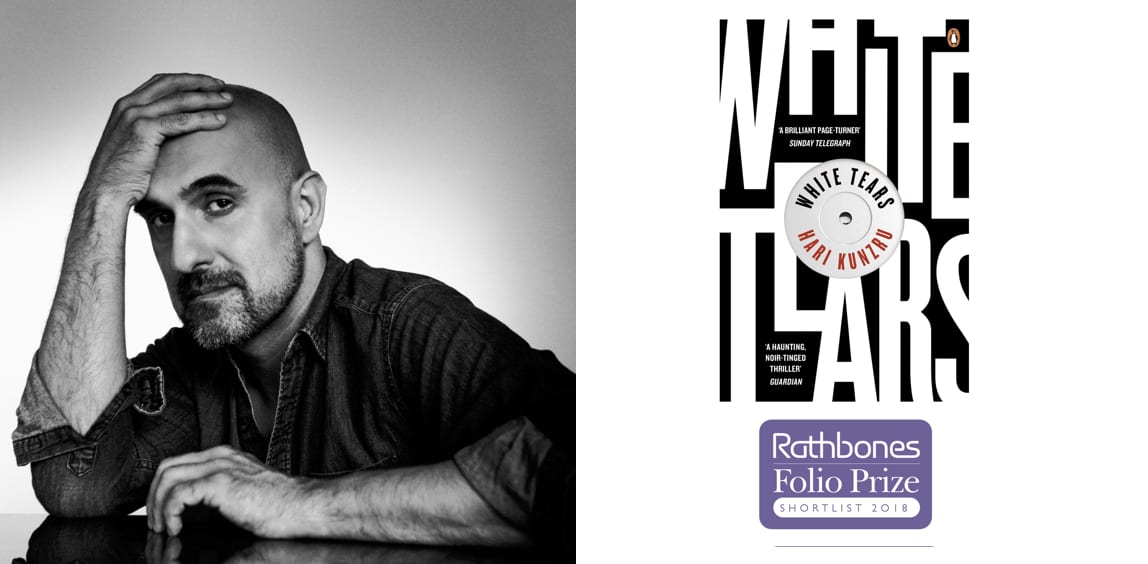
1. At what age did you know you wanted to become a writer?
I admitted it to myself when I was about 19 or 20. I think I wanted it much earlier.
2. Was your first book published or is it still lurking in a drawer somewhere?
In a drawer, thankfully.
3. What was your favourite childhood book?
The Lord of the Rings.
4. What is your ‘if you don’t like this, you can’t be my friend’ book?
Well, if you don’t like books you can’t be my friend, but there’s no deal-breaker.
5. Do you find the process of writing agony or ecstasy?
It’s both, of course. Plus a certain amount of resignation.
6. Who, in your opinion, is the most under-read author?
Of them all? I imagine there are a few geniuses toiling in obscurity right now, bitter that the world has ignored them.
7. Who or what have been your most important influences?
That’s just crying out for a drugs and alcohol gag.
8. If you weren’t a writer, what would you be doing?
I have no idea. I’ve never been able to imagine doing anything else, except unwillingly, for money.
9. How long did it take you to write the book that is shortlisted for the Rathbones Folio Prize?
About three years.
10. What’s your favourite a) film; b) album; c) artist?
I don’t have favourites like that. There’s no one thing that sustains me in that way.
–––––––––––––––––––––––––––––
Elizabeth Strout
1. At what age did you know you wanted to become a writer?
I must have been about three when I knew I was a writer; I have no real memories of myself without this knowledge.
2. Was your first book published or is it still lurking in a drawer somewhere?
My first book was never published and seen by only one other person. I recently found it in a pile of stuff; I thought it had gotten thrown out, but there it was.
3. What was your favourite childhood book?
My favourite childhood book was The Pink Maple House, by Christine Noble Govan.
4. What is your ‘if you don’t like this, you can’t be my friend’ book?
Hemingway’s For Whom The Bell Tolls. I was eighteen when I first read it, and a few years later a friend told me Hemingway was sexist, and I privately sort of never forgave her for that.
5. Do you find the process of writing agony or ecstasy?
Agony when it does not go well, ecstasy when it does.
6. Who, in your opinion, is the most under-read author?
No answer.
7. Who, or what, have been your most important influences?
My most important influences have been Alice Munro and William Trevor. They have been bookends to my career.
8. If you weren’t a writer, what would you be doing?
If I wasn’t a writer – oh, I can’t imagine what would have happened to me. But the one profession that has always interested me is being a doctor; I think the body is amazing, and I would like to help people who are frightened by it.
9. How long did it take you to write the book that is shortlisted for the Rathbones Folio Prize?
It took me three years to write this book, maybe not quite. For me this was writing like the wind.
10. Who is your favourite artist?
My favuorite artist is Edward Hopper.
–––––––––––––––––––––––––––––
Sally Rooney
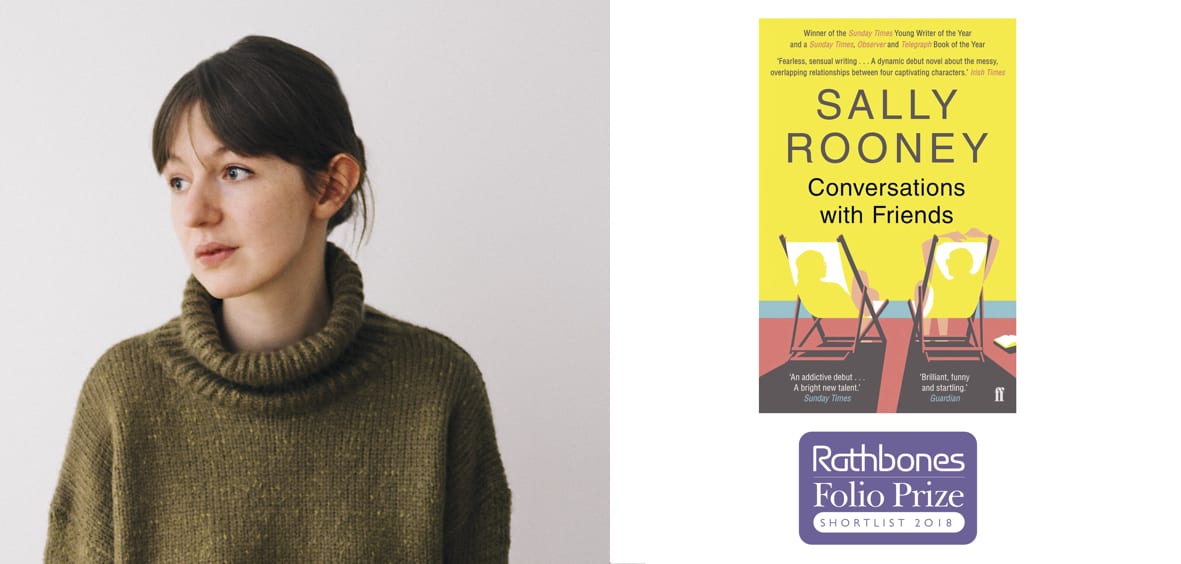
1. At what age did you know you wanted to become a writer?
I don’t think this was something I ever decided, as such. I always wanted to write a novel, at least from my early teens onwards, but I don’t know if I saw it as a possible career.
2. Was your first book published or is it still lurking in a drawer somewhere?
It lurks. In fact it might not exist in any form anymore, because I wrote it using word processing software on a family computer that has long since gone to computer heaven. The novel was written from the point of view of an older teenage boy, as I was fifteen then and thought older teenage boys were extremely glamorous. I’ve always been too fond of glamour in others. Anyway, it was never published and it probably no longer exists, which is no bad thing.
3. What was your favourite childhood book?
I really liked Philip Pullman’s series of Victorian detective novels, beginning with The Ruby in the Smoke. I haven’t read them in years, but I distinctly remember they had a firm socialist message.
4. What is your ‘if you don’t like this, you can’t be my friend’ book?
No, no. I have friends who don’t like any books at all. I couldn’t take literary taste that seriously.
5. Do you find the process of writing agony or ecstasy?
Ecstasy. The only agonising part is when I’m not writing. Unfortunately, my writing process involves fairly substantial stretches of not writing, so the experience is not one of uninterrupted ecstasy from start to finish.
6. Who, in your opinion, is the most under-read author?
I wish I were well-read enough to answer this question with confidence. As it is, I have to assume it’s someone I’ve never read, and probably never even heard of.
7. Who, or what, have been your most important influences?
I find my values as an adult are basically the exact same values with which I was raised as a child, so I suppose my parents have been fairly influential in that respect. When we were children our mother was fond of using the phrase “from each according to their ability, to each according to their need”. I always assumed this was a quote from the Bible, and only later found out it was Karl Marx.
8. If you weren’t a writer, what would you be doing?
I probably would have continued to study at postgraduate level. I really liked studying. I wonder if I might have gone back and done a law degree or something. I don’t know, I was never very good at planning my life.
9. How long did it take you to write the book that is shortlisted for the Rathbones Folio Prize?
About a year and a half altogether, I think. I finished a first draft unbelievably quickly – in about three months – but it took another year before I had anything remotely readable. I had been in the midst of a kind of depressive episode before I started writing, and then it felt as if this book came out of nowhere and changed my life. I would be so pleased to think it could bring anyone else the kind of joy it brought me.
10. What’s your favourite a) film; b) album; c) artist
I just recently re-watched the Paul Newman film The Hustler and I think it might be my favourite of all time. Truly a great film. It’s hard to choose just one album – I have a great fondness for Joni Mitchell’s 1975 record The Hissing of Summer Lawns, but my very favourite? I don’t know. As for visual art, I have no real expertise, but I do really like the work of the French painter Pierre Bonnard.
–––––––––––––––––––––––––––––
Richard Beard
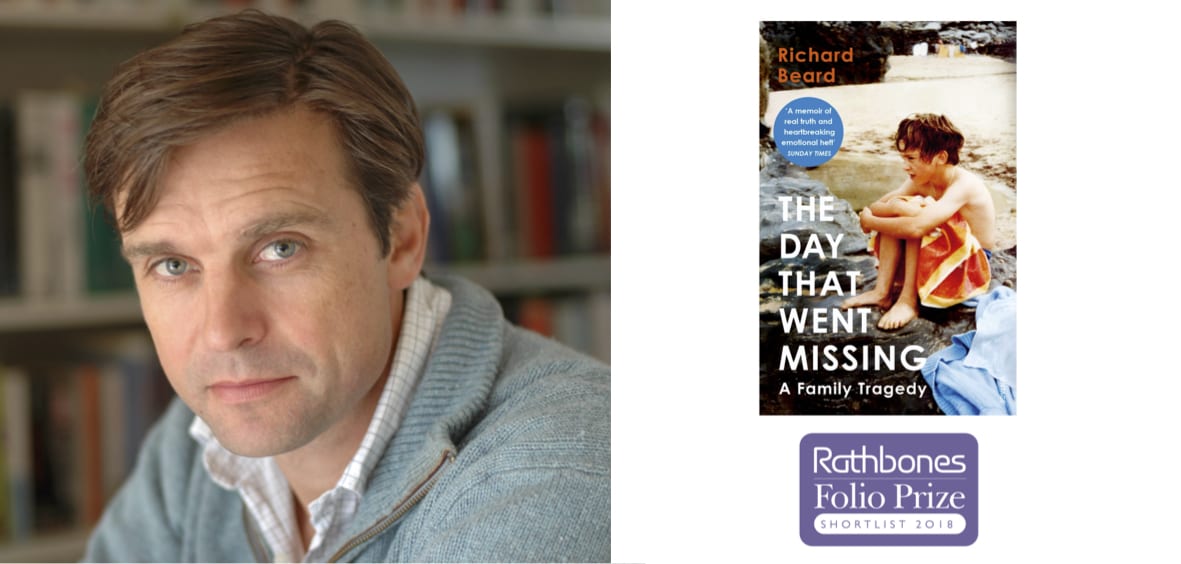
1. At what age did you know you wanted to become a writer?
When I realised I had to stop being a student. I thought (wrongly) it might be a way of keeping the lifestyle going
2. Was your first book published or is it still lurking in a drawer somewhere?
My first novel, which wasn’t published, is in The British Archive for Contemporary Writing (at the University of East Anglia). I wouldn’t say it’s terrible, but readers do need to make an appointment before they’re allowed to look at it.
3. What was your favourite childhood book?
Once I made it to books without pictures I loved adventure stories, the Hornblower series and Bulldog Drummond, neither of which are widely read now, I think. To my own children, when they were very young, nothing gave me greater pleasure than soulful renditions of Not Now, Bernard by David McKee. A stone-dead classic.
4. What is your ‘if you don’t like this, you can’t be my friend’ book?
I’m not going to make enemies over books, because that would be missing the point. Having said that, Gillespie and I by Jane Harris has an emotional warmth and intellectual dexterity that makes me feel well-disposed towards everyone else who likes it.
5. Do you find the process of writing agony or ecstasy?
The process is often difficult, but if I didn’t feel occasional moments of elation I’m not sure I’d want to go on with it.
6. Who, in your opinion, is the most under-read author?
The novelist Catherine Fox. Her first novel Angels and Men has a devoted but too small following, while her recent Lindchester Chronicles trilogy has fairly been described as Trollope for the twenty-first century. Her novels are about good things happening to good people (eventually) and their sense of grace and good faith is deeply moving.
7. Who, or what, have been your most important influences?
I’ve been deeply influenced by my own stubborn nature. At different times I’ve stubbornly wanted to be influenced by Mervyn Peake, Georges Perec and by Maj Sjöwall and Per Wahlöö (the authors of the Martin Beck novels and pioneers of all things Scandi noir). In non-fiction I’d love to write as kinetically as Jon Hotten on bodybuilding and boxing.
8. If you weren’t a writer, what would you be doing?
If all had gone well, maybe a barrister. I like to talk the talk, and get up to speed quickly with new information. And I’d enjoy the money. Or a conservatory salesman, for the same reason.
9. How long did it take you to write the book that is shortlisted for the Rathbones Folio Prize?
Not long to write, about four months or so, but three times that long to re-write. And without knowing it I’d been wanting to get at this material for nearly forty years, so maybe that time should be added in too.
10. What’s your favourite a) film;
I used to say Brazil, but then I watched it for the first time in years and the special effects have stopped being very special. The bits in Brazil which are not Jonathan Pryce flying around in armour. Or Groundhog Day. Can watch that again and again.
b) album;
Since Spotify I’m not very aware of albums – even the old ones break up into tracks, so these days it’s all playlists. I have one I like called Monkeys, in which every song has to have a line reminding us we’re primates. An observation that isn’t uncommon in contemporary music.
c) artist;
Art for me depends on mood. Recently I loved the Rachel Whiteread exhibition at the Tate, and her intense seeing of usually neglected space. This week I’m a fan of Ernst Kirchner, an Expressionist who ended up painting the high Swiss Alps and then killed himself. I expect a new mood and a new favourite artist to come along soon.
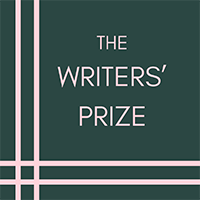
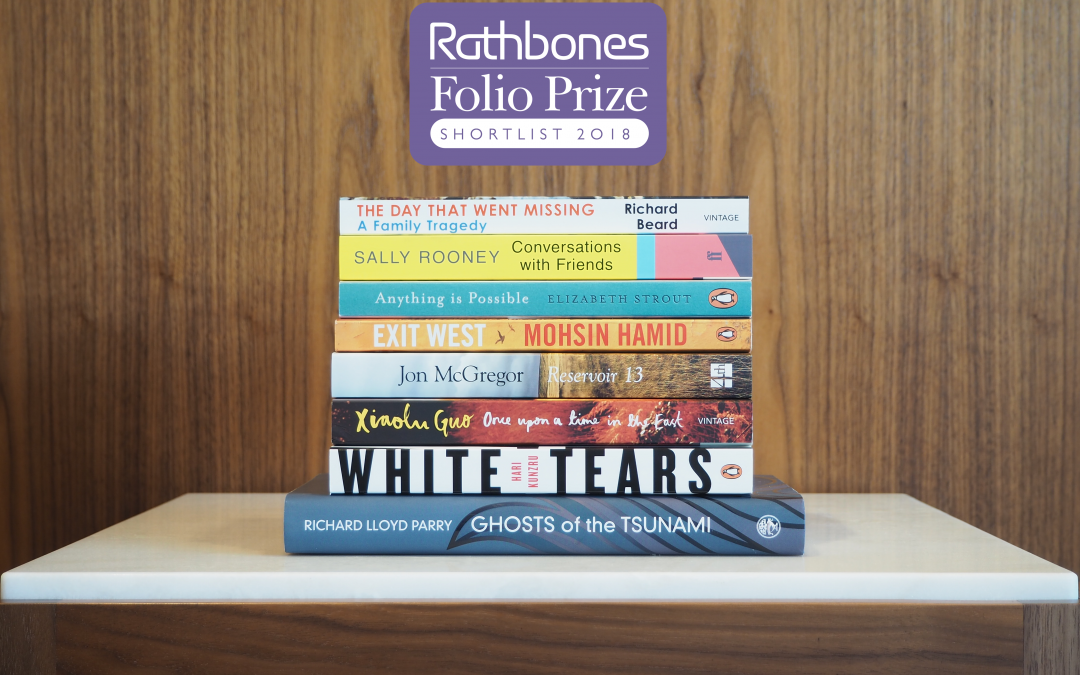
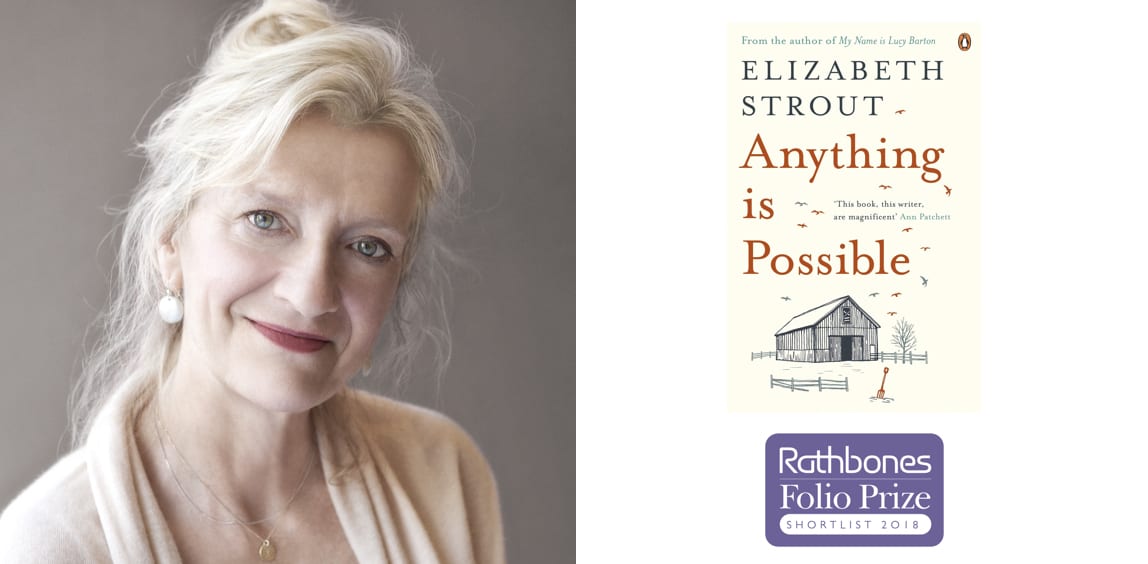
Recent Comments